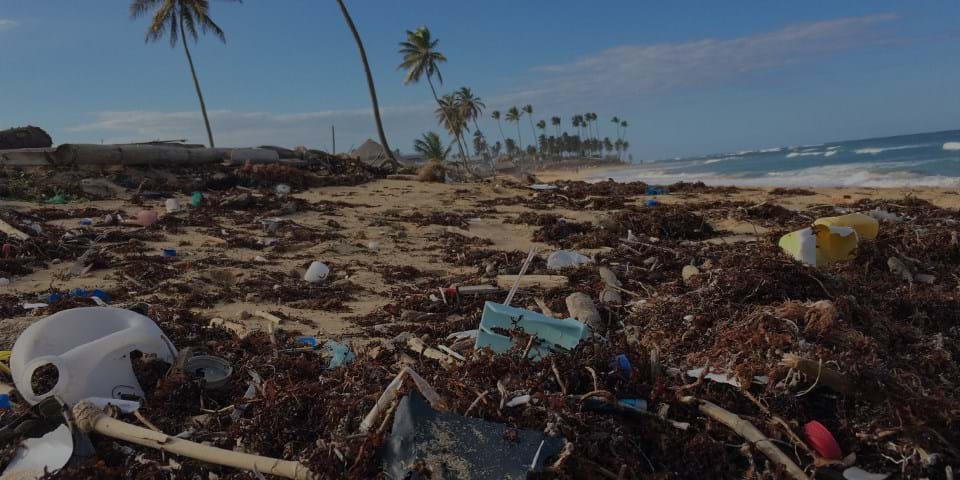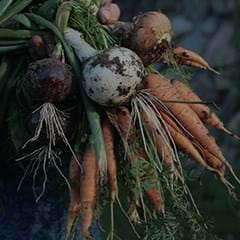What exactly is palm oil?
Palm oil is the oil derived from the palm oil tree, which is endemic to Africa where for thousands of years it was cultivated on a small scale. With the rise of processed foods and other mass-produced commodities since the early 1990s, however, palm oil has been turned into a global commodity. By 2014 70 million tons was being produced, and it’s now the most widely used vegetable oil on the planet, grown in 43 countries, covering landscapes from Borneo to Colombia, with Indonesia and Malaysia providing 85 percent of the global supply.
Why is it so popular?
It’s an extremely high-yielding tree, surpassing the yield of other vegetable oil producing plants such as soy, canola, olive, sunflower and grapeseed several times over – one palm oil tree produces around 40kg of oil each year.
What is palm oil used in?
What isn’t it used in? It’s in more than half of packaged goods, including shampoos, soaps, toothpaste, body lotions, shaving creams, deodorants, make-up such as lipsticks, pet care products, household cleaning products, margarine, cereals, candy bars, crackers, sauces, frozen pizza ... you name it.
People talk about palm oil as the dirty oil, is that fair?
Palm oil plantations in South-East Asia have tripled in just a decade, driving deforestation and habitat loss. This has had a major impact on orangutans, tigers, elephants, rhinos and gibbons. Over the past four decades species have slid towards extinction twice as fast in Indonesia as any other country, partly as a result of forests being cleared for palm oil. It’s also had major impact on fauna, with some palm oil areas showing 99 percent less tree diversity. There are also social issues around the industry, such as land tenure, political corruption, forced labor and other human rights abuses.
Which is enough to put you off your lipstick and pizza. Time to ban the palm oil?
Many would agree, but the palm oil industry isn’t the only driver of global biodiversity loss. This is a feature of many agricultural commodities – livestock and beef production has led to more than five times the amount of deforestation than palm oil. As one anthropologist put it, the “palm oil kills orangutans” narrative tends to overlook other factors causing environmental crisis.
So a simple boycott of palm oil might not be the answer?
Many scientists, as well as major conservation organizations, argue that a boycott of palm oil is likely to shift rather than solve the problem. According to a report published in 2018 by the International Union for Conservation of Nature (IUCN), demand for vegetable oils are only increasing, so a global rejection of palm oil would likely result in more land-hungry oils taking its place, resulting in the destruction of ecosystems such as those in the South American tropical forests and savannahs. Also, the industry has generated income and infrastructure in poor rural areas in Indonesia and Malaysia, and palm oil smallholders in those regions are rightly concerned about how a boycott of palm oil would affect their futures.
Is there a better solution?
Numerous organizations and conservation scientists are now working with certification bodies and producers to improve the palm oil industry. The Roundtable on Sustainable Palm Oil is leading the market toward certification, which would require consumers to pay more for palm oil products that meet certain standards around deforestation, lawfulness, transparency and social impact.
So we should rely on certification?
Not yet. According to the IUCN report, only a fifth of global palm oil was certified as sustainable in 2017, and even then, it has so far proven to be only marginally better in terms of preventing deforestation than its non-certified equivalent.
Okay, boycott or certification?
Some scientists say that the call for a boycott of palm oil is a barrier to certification because it lowers any incentives for producers or retailers to make and promote certified palm oil. Key conservation organizations – including Greenpeace and the WWF – now support certification over boycotting. You can check out how some companies are doing in sourcing sustainable palm oil on the WWF’s palm oil scorecard.
So what can individual consumers do right now?
Consumers can demand retailers source more responsibly produced products, retailers can support and encourage their suppliers to provide them, and we can all buy them when they do. In an ideal world sustainable palm oil would become the new normal.
If you want more health and fitness inspiration simply sign up to Fit Planet and get the freshest insights and advice straight to your inbox.







